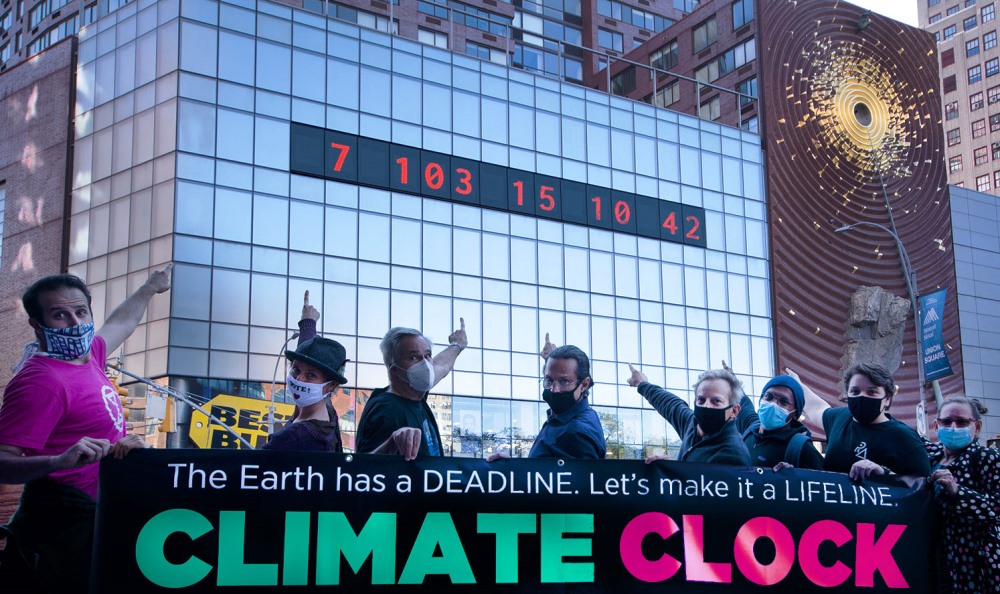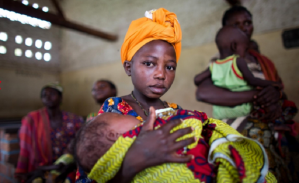Ghana is the second African country to receive the world climate clock, a climate crisis countdown that shows the actual deadline before the global carbon target runs out.
It is a call to action to draw attention that time is nigh to move from advocacy to action to effectively deal with climate issues.
It was a presentation to the Institute for Energy Security, IES, in Accra to help implement clean energy transitions and also deepen the penetration of renewables in the energy mix among other efforts.
The Climate Clock ticks with a glimmer of Optimism as it reports the window to address global warming and also measures the rising use of renewable energy.
It also draws the world’s attention to the urgency for action.
The next 7 years is humanity’s best window to enact bold, transformational changes in the global economy to avoid raising global temperature above 1.5 C, a point of no return that science will make the worst climate impacts likely inevitable.
The deadline on the clock alerts the world about the critical time window left to take the most meaningful action to combat it.
The green line which is the lifeline on the clock shows the percentage of global energy from renewable sources, wind, water, solar, and bioenergy.
According to the Founder and Chairman of Zoetic Global, a US-based project developer, a clean technology solution provider, the need to reduce the dependency on fossil fuels is urgent, to mitigate its huge impact on the environment which is detrimental to the health of all on the continent.
He says the climate clock has been dedicated in New York and eight of the clocks were replicated to distribute across the globe, for all to commit to tackle climate issues with accurate measures and plans.
The Executive Director of Institute for Energy Security, Nana Amoasi, said that there should be a campaign of clean energy renewables and also stop all activities that disrupt climate change and enhance the resilience to its effects.
The Renewable Energy Lifeline is currently at 12.2% and rising. Yet not rising fast enough to meet the deadline.














